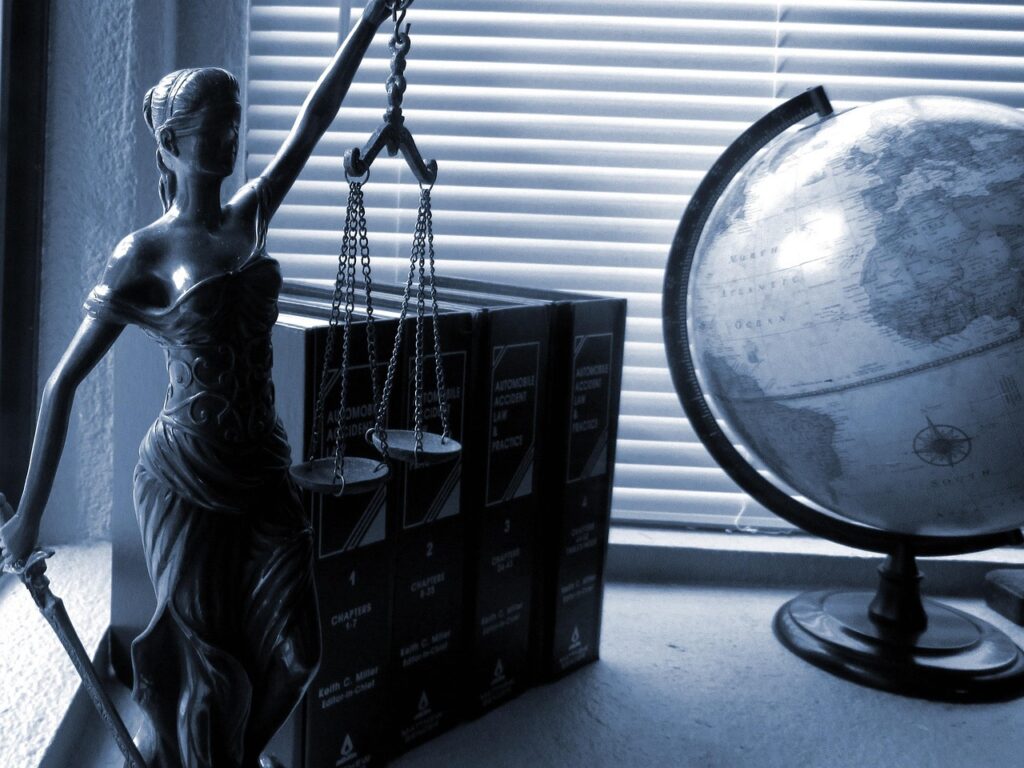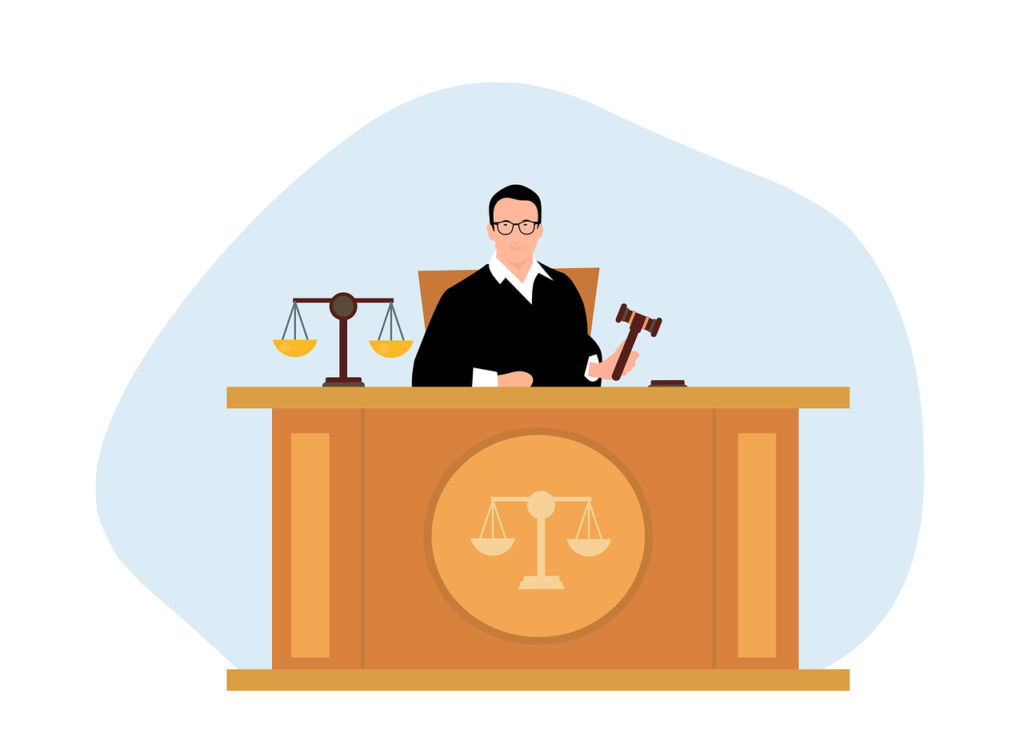Published on 27th June 2025
Authored By: Paras Shukla
Mangalayatan University Jabalpur
IN THE SUPREME COURT OF INDIA
CRIMINAL APPELLATE JURISDICTION
CRIMINAL APPEAL NO. OF 2024
[Arising out of SLP(Criminal) No. 8781 of 2024]
Introduction
Brief Overview-
Manish Sisodia submitted a bail application to court because he faces corruption and money laundering charge under the Prevention of Corruption Act (PC Act) and the Prevention of Money Laundering Act (PMLA). The background of the criminal charges involves problems that arose during the development and execution of the 2021-22 Excise Policy for Delhi. Multiple legal proceedings are taking place between Manish Sisodia and both the Central Bureau of Investigation (CBI) and the Directorate of Enforcement (ED) after they filed separate cases against him.
Legal Issues-
The primary legal questions include:
- The primary question is whether the appellant obtains bail rights according to Section 45 of the PMLA.
- The prolonged length of criminal trials forms a basis to determine whether bail should be granted.
- Was the conduct observed by the appellant deemed improper usage of judicial mechanisms for extending the court proceedings duration.
Facts of the Case
Parties Involved-
Appellant: Manish Sisodia
Respondents: Directorate of Enforcement (ED) and Central Bureau of Investigation (CBI)
Relevant Facts-
- Reports of improper conduct in the 2021-22 Excise Policy emerged from the Lieutenant Governor of Delhi.
- Investigation led to the CBI arrest of Sisodia on February 26, 2023 before the ED made its own arrest of him on March 9, 2023.
- Both the CBI and ED respectively submitted legal documents as the CBI issued their charge sheet on April 25, 2023 and the ED followed with their PMLA complaint on May 4, 2023.
Procedural History-
- Sisodia failed to obtain bail release from both trial court judges who were followed by the High Court’s denial.
- The Supreme Court rejected bail applications on October 30, 2023 yet approved an option for future applications in case of trial postponement.
- The Supreme Court currently reviews appeals which emerged after multiple courts denied further requests from Sisodia.
Legal Issues
Issue Statements-
- Is Sisodia’s fulfilment of the three conditions a reason for bail under Section 45 of PMLA to be revoked?
- Can the delay in the trial be claimed to be a result of the inefficiency of the prosecution or the defense tactics, if there is any?
Importance-
It is because these problems question whether the liberty of the charged individual may be sacrificed for the purpose of economic offense proceedings or whether the law is to be considered above all.
Court’s Decision
Holding-
The supreme court, while rejecting Sisodia’s plea for bail in no uncertain terms, observed that:
- This is the first and foremost reason as he has not met the stringent conditions as per Section 45 of PMLA.
- His being responsible for keeping the case in the queue cannot be ruled out either.
Rationale-
This was the argument put forward by the court:
- Business crimes such as money laundering have a negative effect on the whole society and therefore they should undergo strict scrutiny.
- If the applicant is released from custody, it will be easy for him to manipulate the evidence or to bribe the witness because of his influential position in the company.
Legal Reasoning
Majority Opinion-
The judges took the identical line as they did before, holding that:
- The proofs that Sisodia committed the crime were obtained from incomplete and only implicitly suggested ones.
- But in the case of Section 45(1) of PMLA, that is, whether or not there were reasonable grounds for believing that he is not guilty and that he will not commit further offenses in the cautious future, they could not be counted on.
Statutes and Precedents-
– Section 45 of PMLA: Generally, the sections require
– Kunhayammed v. State of Kerala: Procedural limitations on the filing of successive appeals were analyzed.
Impact of the Case
Legal Precedent-
The court confirmed PMLA Section 45’s application in financial offenses through confirming that mere time delays after arrest should not release suspects from detention unless investigators fail to act efficiently.
Social and Political Impact-
Public officials face extreme judicial resistance against corruption offenses because these cases involve fundamental flaws which undermine public confidence in the system.
Personal Analysis
Critical Analysis-
The court followed its responsibility to hold tight standards in economic offenses while facing questions regarding maintaining fair timelines for accused persons during legal proceedings.
Strengths and Weaknesses-
Strengths:-
The court pointed out how economic crimes directly affect the society.
– Reliance on established legal principles under PMLA.
Weaknesses:-
The analysis fails to assess to what extent court delays stemming from prosecutorial management played an important role in prolonging trials.
Alternative Outcomes-
An alternative approach to bail provision should have included conditional release while establishing strict monitoring requirements when bureaucracies of the prosecution service appeared as the main cause of prolonged proceedings.
Conclusion
The Supreme Court demonstrates its dedication to stopping economic offenses when it applies PMLA standards through proper legal processes. The Supreme Court message stresses that successful prosecutions should not prolong legal proceedings.
Final Thoughts-
Both legal professionals should recall this decision as an essential learning opportunity to reach swift outcomes by upholding fundamental protections for society.




